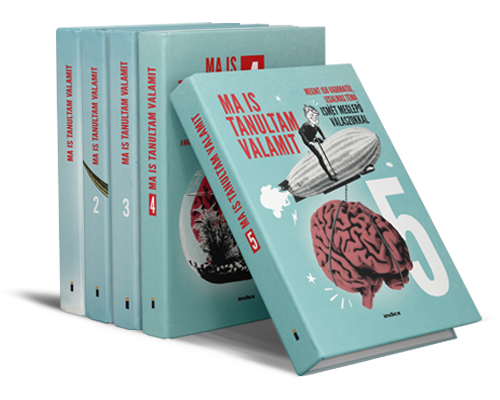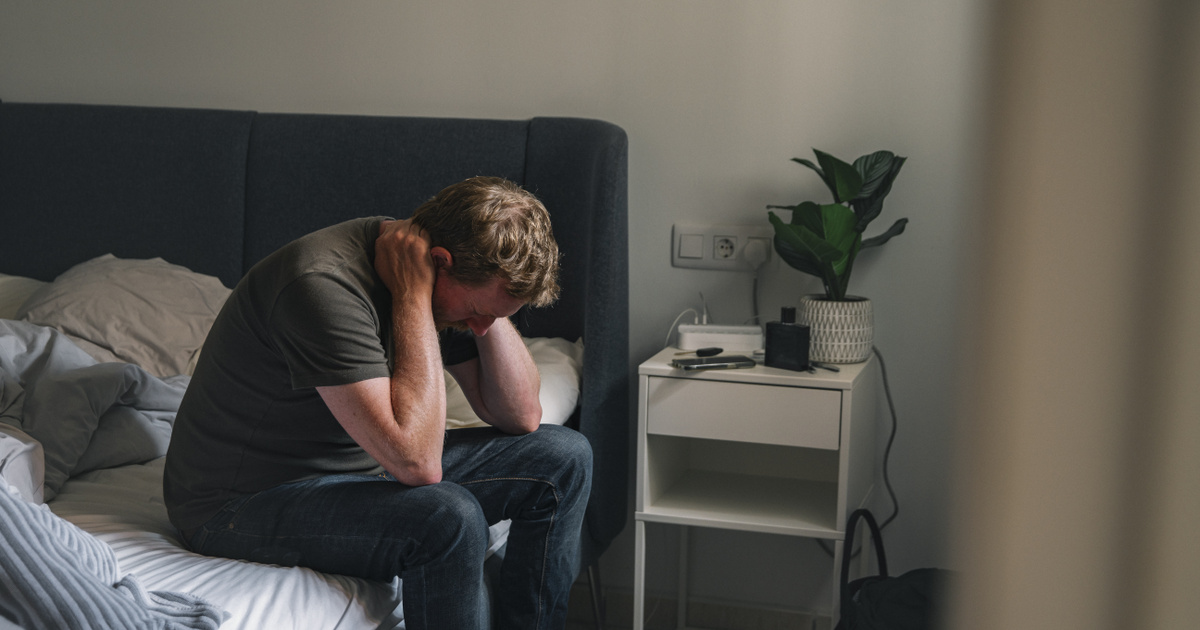Depression is one of the most common mental illnesses. Currently, approximately 300 million people worldwide suffer from depression, and 10% of the population will experience major depression at least once in their lifetime. Because of all this, the World Health Organization has described depression as the single greatest contributor to poor health in the world, she wrote PsyPost.
Despite its prevalence, depression is difficult to diagnose. It is so difficult that doctors correctly recognize depression in less than half of the cases. This is because there is no single test for depression. Doctors make the diagnosis based on symptoms reported by patients, questionnaires, and clinical observations. However, the symptoms of depression are not the same for everyone.
In recent years, the number of research applying artificial intelligence to diseases such as depression has increased. Researchers compared ChatGPT's diagnoses and treatment recommendations with those provided by real doctors and obtained surprising results. Where ChatGPT mostly recommended treating depression of varying degrees of severity, doctors, on the other hand, recommended antidepressants.
Guidelines in the United States, United Kingdom, and Australia recommend therapy as the first treatment option before medication. This suggests that ChatGPTs may be more likely to follow clinical guidelines, whereas GPs may tend to over-prescribe antidepressants.
Chat is also less affected by gender and socio-economic biases.
While doctors are statistically more likely to prescribe antidepressants to men, especially those who work blue collar jobs.
While MRI-based AI applications show promise, there is a simpler, easier way to detect depression that may be literally within reach. Wearable devices such as smart watches are being studied for their ability to detect and predict depression. Smartwatches are particularly useful because they can collect a variety of data, including heart rate, step count, metabolism, sleep data, and social interactions.
Research has shown that the areas of the brain affected by depression are remarkably similar across people. So much so that it is possible to predict with more than 80 percent accuracy whether someone is suffering from depression or not, just by looking at areas of the brain using an MRI. Other research using advanced artificial intelligence models has supported this finding.
The best accuracy comes from combining functional and structural information from MRI, which
It correctly predicts depression in more than 93 percent of cases.
MRI-based AI tools are currently only used for research purposes, but as MRI scans become cheaper, faster and more portable, it is likely that this type of technology will soon become part of a doctor's toolbox.
A recent review of all previous studies of wearable devices used to assess depression found that the devices correctly predicted depression 70 to 89 percent of the time. However, there are also disadvantages, including the significant cost of smart devices, which may be out of reach for many.
Studies have also turned to social media in diagnosing depression. The researchers used artificial intelligence to predict the presence and severity of depression from posts and language on social media platforms. The specific words used predicted depression with a success rate of up to 90% in both English and Arabic. Depression has also been successfully identified at an early stage through the emojis people use.
Artificial intelligence shows great potential in diagnosing and treating depression, but the latest findings need to be validated before they can be relied upon as a diagnostic tool. Meanwhile, MRI scans, wearable devices and social media can help doctors diagnose and treat depression.

5 books
Over 600 amazing, interesting and educational stories!













































